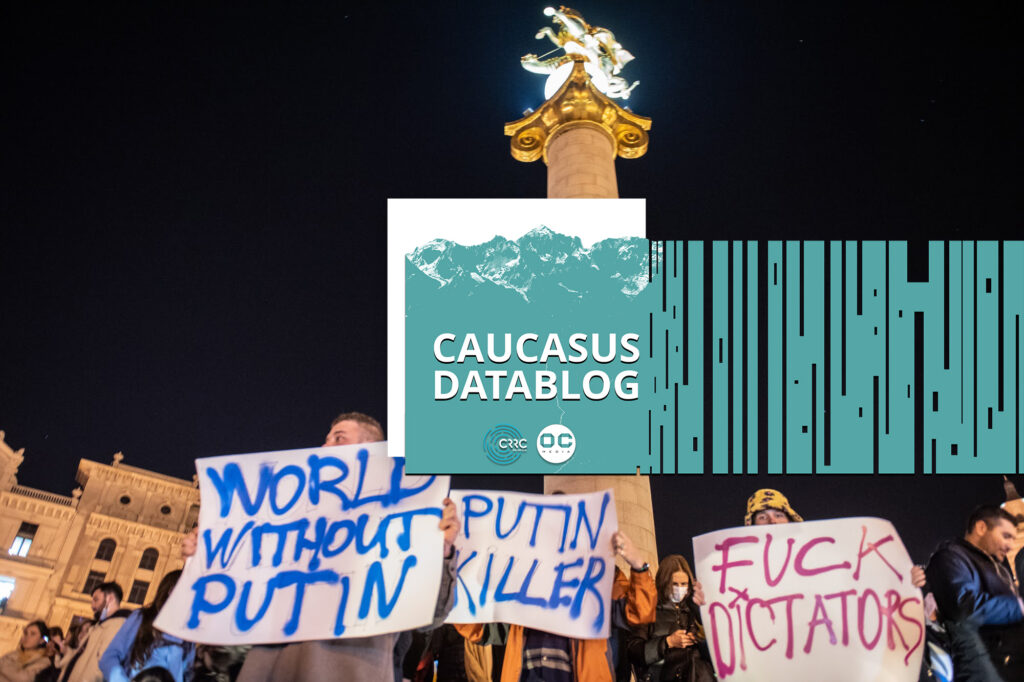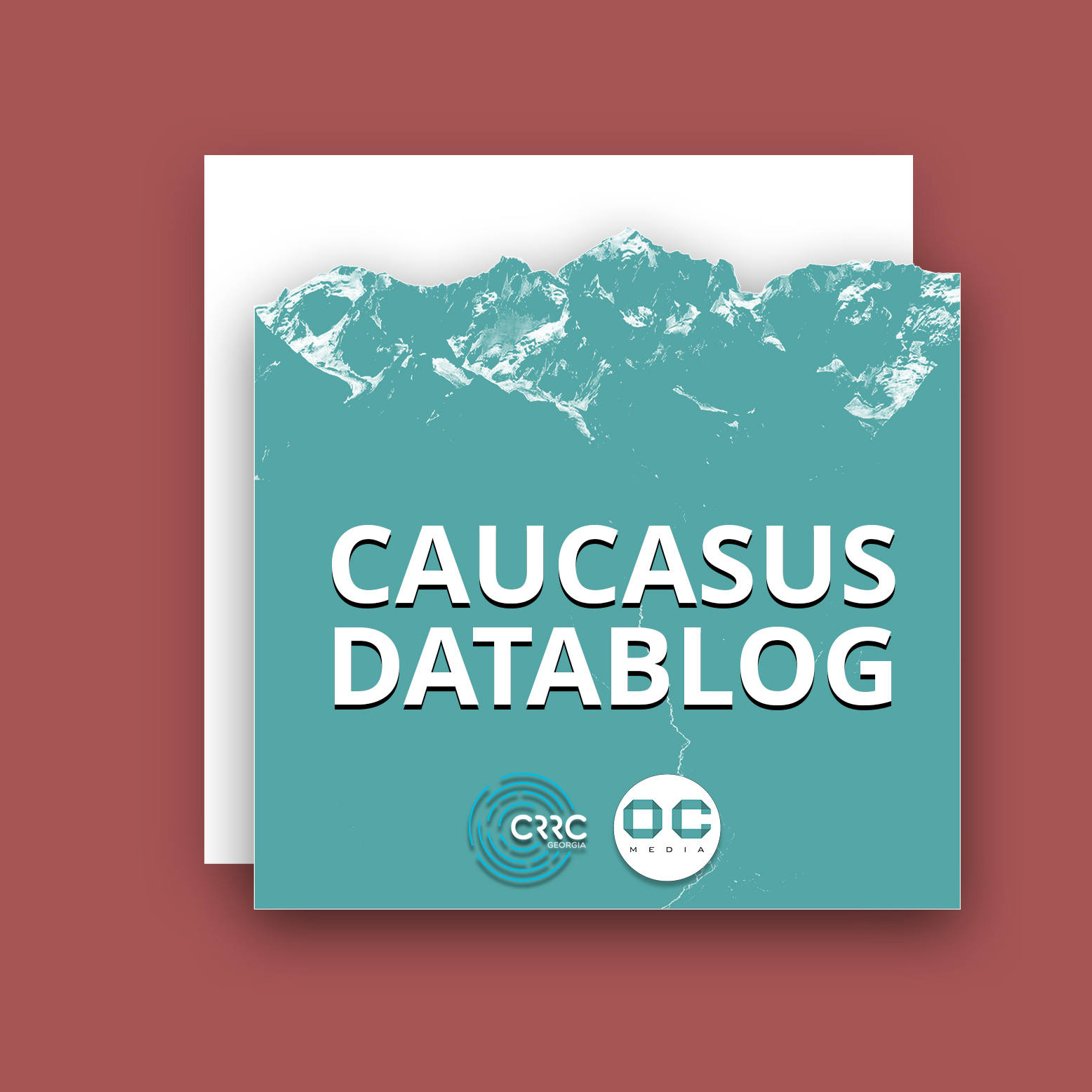Following the Russian invasion of Ukraine and accompanying domestic crackdown in Russia and imposition of sanctions, there has been an outflow of Russians to the South Caucasus — leaving many in Georgia feeling uneasy.
On 7 March, Georgia’s Ministry of Economy estimated that 20,000–25,000 Russians had come to Georgia since the invasion. In Armenia, the government has reported that around 5,000 Russians have been moving to the country daily since the start of the war.
This mass migration has raised fears in Georgia. It has been argued that Russia could use the presence of a large number of Russian citizens as a pretext for military intervention in the past. As a result, many have begun to propose that Georgia’s lax migration policies be tightened against Russians. In response, further concerns were raised about the implicit Russophobia embedded within this discourse.
Data from CRRC Georgia’s survey on Ukraine suggests that a majority of the public support the introduction of migration restrictions. Overall, 59% of the public reported that they would support the introduction of migration restrictions. In contrast, 31% were opposed and 9% were uncertain.
When the data is broken down by social and demographic variables, it indicates that support for migration restrictions varies substantially between groups.
Young people were significantly more supportive of migration restrictions. Controlling for other factors, young people (aged 18–34) had a 60% chance of supporting the introduction of restrictions. By comparison, this drops to 54% among those aged 35–54 and 44% among those who were 55+.
Ethnic minorities were also significantly less supportive of the introduction of migration restrictions. While ethnic Georgians had a 61% chance of supporting restrictions, ethnic minorities had a 44% chance, controlling for other factors.
Supporters of different parties also held significantly different views. People who supported an opposition party had a 65% chance of supporting restrictions while supporters of the ruling party had a 43% probability of doing so. People who refused to answer which party they supported had a 45% chance of supporting restrictions, while people who were uncertain over which party to support had a 58% chance of supporting restrictions.
The above data reflects the significant concerns of the Georgian public around the war in Ukraine, the uncertainties around what large scale immigration from the Russian Federation would mean for Georgia, and likely anger at Russians for the war which Vladimir Putin has unleashed in Ukraine.
Note: The social and demographic breakdowns shown in this blog post are generated from a regression model. The regression model includes age, sex, IDP status, a simple additive index of durable goods ownership (a common proxy for wealth), ethnicity (minority or not), education level, and party which the respondent supports. The data used in this blog post is available here.
The views presented in the article do not reflect the views of CRRC Georgia or any related entity.




 22 March 2022
22 March 2022





